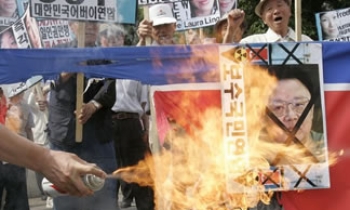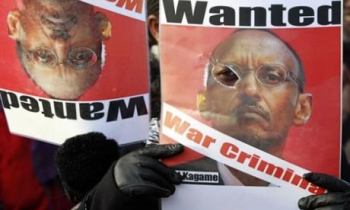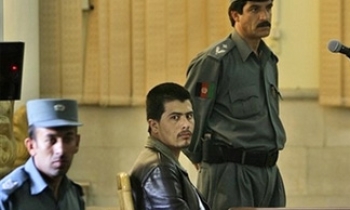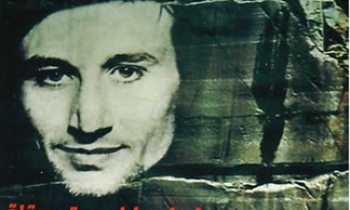WINDHOEK, 4 May 2006 (IRIN) - Media freedoms remain under pressure in Southern Africa, but governments have turned to less conventional methods to limit journalists' rights, according to a new report by a regional watchdog.
The annual publication 'So this is Democracy? State of Media Freedom in Southern Africa 2005' by the Media Institute of Southern Africa (MISA), said while fewer rights violations were recorded in the 11 countries surveyed, "the tools of repression were changing".
MISA issued 155 alerts on freedom of expression violations against individual journalists and media institutions, 14 down from 169 in 2004, "But that should not be hailed as a victory", said Zoé Titus, regional programme manager for media freedom monitoring.
"In the case of Zimbabwe, deeper analysis of violations recorded in 2005 reveal that the country's Central Intelligence Organisation (CIO) has the strategy to own newspapers through shell companies or a silent shareholders," Titus noted in the report.
MISA said that although Zimbabwe still topped the list of violators, the number of alerts issued had fallen dramatically. This was due to the "vigorous application" of a raft of "anti-media" laws making it increasingly difficult for journalists to "perform their newsgathering tasks without fear or favour".
The watchdog said it was part of a worrying regional trend in which courts "have become the leading oppressors of media freedom". MISA recorded major cases in Lesotho, South Africa, and Swaziland where judgements were passed, or are still pending, that "hold dire consequences for media freedom, diversity, free expression rights and pluralism".
Last November the Lesotho high court awarded damages of US$222,000 against the English-language newspaper Public Eye, while in Swaziland, two privately-owned magazines bore the brunt of civil litigation cases, one involving the deputy prime minister.
The annual MISA survey also highlighted a case in South Africa, where the Johannesburg High Court banned the investigative Mail&Guardian weekly from publishing further details of an alleged corruption case linked to the ruling ANC.
Botswana, which formerly scored well in terms of media freedoms, was "not a shining example anymore", MISA stated, following the expulsion of two Zimbabwean journalists in 2005. One of them, Roderick Mukumbira, was formerly the editor of the Ngami Times before his residential and work permits were revoked and he was ordered to leave the country within seven days.
"It is believed that the Botswana government was not pleased with Roderick Mukumbira's coverage of the state-sanctioned evictions of San people from the Kalahari ancestral homelands", the MISA report said.
The UN declaration on Promoting an Independent and Pluralistic African Press was adopted in Windhoek, the Namibian capital, on 3 May 1991. MISA was established as a non-governmental organisation with its headquarters in Windhoek the following year and now has national chapters monitoring press freedom in 11 member states of the Southern African Development Community.









